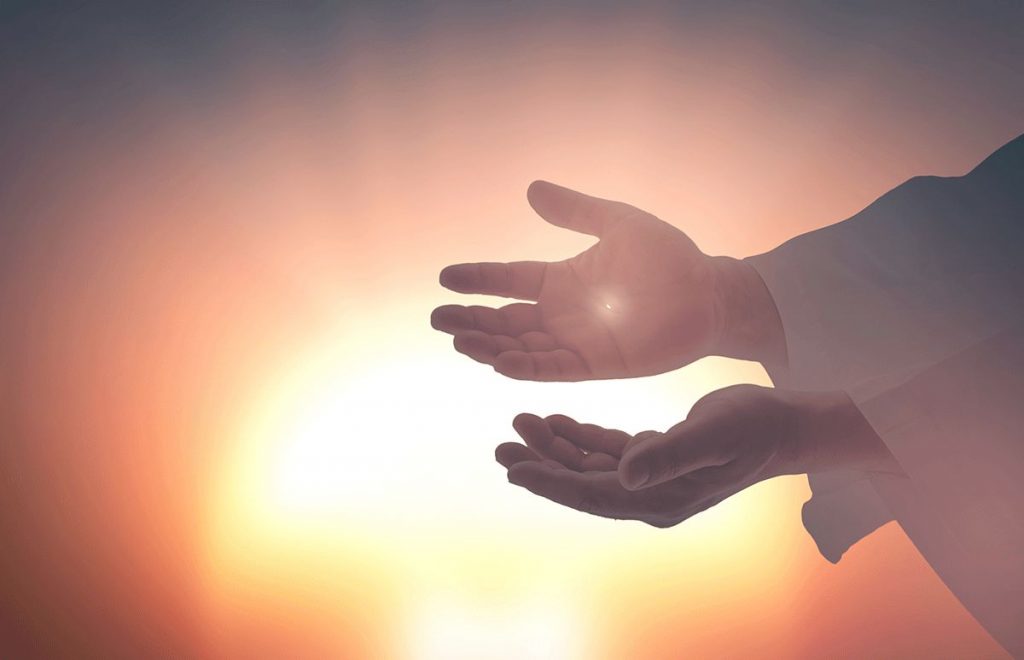It’s Easter. It’s the most important feast day in the life of the Church — and, actually, the most important day in the life of a Christian … any Christian.
If I ask people why that’s so, most will reach into history for the answer. They’ll say: “Because Jesus rose from the dead.”And that’s true enough. But I’ll ask you to go beyond that. I’m asking you to get personal.
Why is Easter important to you? Indeed, why is it the most important day of your life (whether you realize it or not)?
Yes, Jesus rose from the dead, and that was a great sign of his power, his divinity and his vindication. But he didn’t just build a monument. He established a relationship. And he did it by means of the “Easter Sacraments.”
That’s what the Church calls the sacraments of initiation: Baptism, Eucharist and Confirmation. In the earliest Christian centuries they were administered to new converts during the long Easter Vigil service.
They aren’t just rites of passage; they’re real. They establish a bond between us and Jesus Christ. They make us his disciples.
How much have you thought about your discipleship this Easter? Actually, how much have you thought about your discipleship in the course of your life?
We need to think about it, because God will judge us on how well we live up to the life he’s given us in the sacraments. It’s in our best interest, then, to know what’s expected of us as disciples.
The Gospels drop the word without explanation or definition, assuming that we all understand what it means. The word in Greek is mathƒìt·∏ós, and it means simply “learner.” The Latin equivalent is discipulus — pupil, student, follower.
And, hearing that, most of us will tune out. We know, after all, what it means to be a student. It means that we attend compulsory sessions in an institutional setting, and we passively receive whatever the teacher says to us.
I know. I was there with you in third grade, and ninth grade, and college. But, I assure you, that’s not what Jesus was talking about when he called us to be his disciples.
No, in the course of his ministry, he laid out a job description — and it looks nothing like my experience of public schooling.
“If any one comes to me without hating his father and mother, wife and children, brothers and sisters, and even his own life, he cannot be my disciple. Whoever does not carry his own cross and come after me cannot be my disciple” (Luke 14:26-27).
“In the same way, everyone of you who does not renounce all his possessions cannot be my disciple” (Luke 14:33).
Jesus, it seems, is looking for something more total than my teachers ever asked from me.
He’s not interested in passive pupils. He wants us to be like the Apostle John, who was called “the beloved disciple” (John 13:23). Jesus wants us to know his love, share in it, and then give it in turn to others.
He wants us to become “intentional disciples.” That’s the phrase made popular by the contemporary Catholic author Sherry Weddell.
In other words, he wants us to be Catholic not by accident — not because we happened to be born into a particular family or ethnic group. He wants us to be Catholic on purpose.
Jesus wants us to make the choice for him every morning when we get out of bed, and he wants us to renew that choice with every interaction during the day. He wants our life to be an advertisement for his life, an invitation to share in the grace he’s made available to the world.
Go back and read the terms of our job description. We need to be willing to renounce everything. We need to be ready to take up our cross and go the way that Jesus went. Our life needs to look more and more like his life.
That can’t happen by accident. It needs to be intentional. And the consequences are eternal. Jesus said clearly that if we aren’t intentional about our calling, we’re not his disciples. We “cannot be.”
Do you realize the gift you’ve been given through your baptismal calling — through the Easter sacraments? What will you do with that gift?

